In the minds of digital users, who are you?
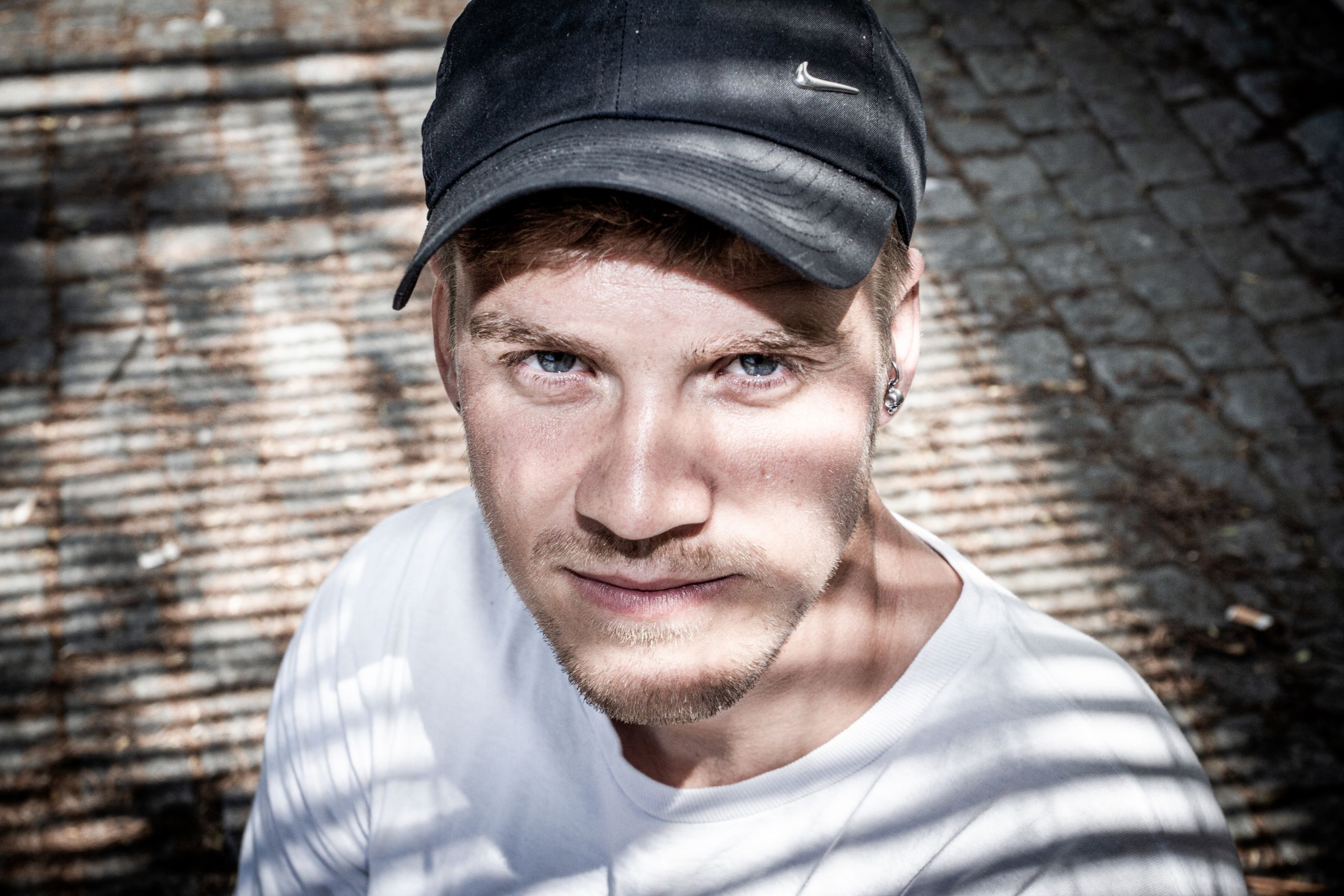
(Photo by Anna Holte)
My days with a stalker were as you would imagine.
He followed my routine alone in a bedroom in Copenhagen as the bright summer evenings stretched far into darkness. In the late-night hours, the only light in the room came from the glow from his Marlboro cigarettes and his blue-tinted computer screen. A short moment of silence broken by a slurp from a cup of black coffee, and then mouse and keyboard noises continue clicking away through known and unexplored corners of the internet. In the dark room, he’s noting down everything he finds. Comprehensive notes. He needs them to complete his mission. And his next step is to write detailed portraits of his five chosen ‘victims’.
The stalker in the bedroom is my buddy Oliver. Even though he is used to being a stalker, he’s not a creep. Actually, his stalking was prearranged. Stalking with consent if you like. And his mission was formal. It was his master’s thesis at CBS. He was stalking to answer a question that has also been on my mind for some time: Who are we in the minds of digital users?
I meet with Oliver at a café in Nørrebro. He looks too wide awake to still be living the life of a stalker. I’ve read a resume of his thesis, and I know we’ll both benefit from this meeting. It’s a chance for me to learn more about digital identity and a chance for him to share some of his knowledge and expertise. Isn’t that what democracy is all about? Sharing knowledge and opinions?
More about democracy later. Our conversation starts with other questions, and we quickly agree on one thing: A part of our modern human identity is digital. This becomes clear when you google yourself to see what information others can access about you.
In the dark hours, Oliver became sure of one thing: In the physical and digital worlds, people are hiding different parts of their person
It raises some questions: In the minds of digital users, who are we? How is the digital universe presenting us? And most importantly, what societal consequences does this image have?
In the dark hours, Oliver became sure of one thing: In the physical and digital worlds, people are hiding different parts of their person, depending on the context of the various forums we visit. We hide some aspects of ourselves when we go to work. Just as we hide parts of ourselves on LinkedIn and Instagram. It’s a game of hide and seek we have all agreed to play. But Oliver has realized something important here. Unlike the physical world, the digital universe does not discriminate. Digital information is universally accessible. Big Brother is watching. And even more so, Big Brother remembers you. He tracks your activities in all your forums at the same time. Always and for all eternity. In the digital version of hide and seek, you run the constant risk of being revealed.
Revealed how? Maybe by an old picture on Facebook showing your party persona to your colleagues. Or maybe an opinion piece that, over the years, ages less than gracefully, showing you in a clumsy light, just like middle-aged men reflected in the eyes of today’s radical feminists. Maybe you will never be revealed. Maybe you will be revealed tomorrow. Maybe in ten years.
The possible public unveiling sets impossible expectations. We must always be ready to accept not only who we are, but also who we used to be. Will you be able to account for all your actions today in ten years’ time? Of course not. And when we realized that, we stopped posting ridiculous pictures of our friends on Facebook to celebrate their birthdays. At least, it cannot be because we ran out of pictures…
The young generation are especially aware of digital identities. That’s why we’re less and less publicly visible on digital media. It’s my parents’ generation who are active in the comments section on Facebook. Not that the young have no digital presence. We are just learning to be present in a way that leaves as little public trace as possible. My friends and I are afraid of being revealed. And so we continue playing hide and seek, showing nothing.
Many of my closest friends do not even dare to participate in Facebook threads
Ironically, one friend is a member of a recognized debate and school of criticism and theory but won’t have his opinion printed in even the smallest opinion-based media. Not because his opinions are radical, but because he fears minimizing his possible job opportunities.
Many of my closest friends do not even dare to participate in Facebook threads. They too are afraid of being revealed out of context (not to mention the brutal language and tone used online). Healthy and normal people are afraid of their own opinions. They do not dare to take part in what the internet was invented for: Sharing information, freedom of speech and democracy.
This serious democratic problem leaves a silent generation for whom mainstream communities are the only place to let off steam. It leaves youths afraid of sharing individual opinions. Youths trapped in the digital world. Too afraid to set themselves free with real political activity. Youths showing symptoms of implosion!
Sigh. Because the digital universe presents us in this light, the fear of being revealed as clumsy, insufficient or vulnerable is holding the majority of a young generation captive in passivity. Freedom of speech, which usually defines the Western world, looks more and more like a symbolic term from the past. Hopefully, soon we will realize that freedom is not secured as a written right, but when we produce it together. Shouldn’t we act freely and dare to explore freedom now that we’ve created it?



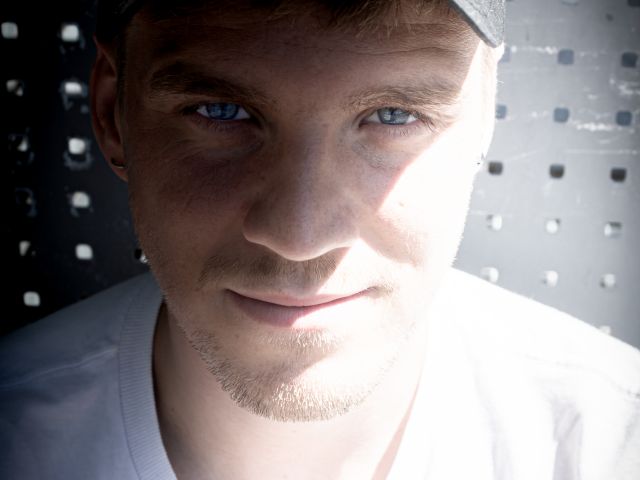
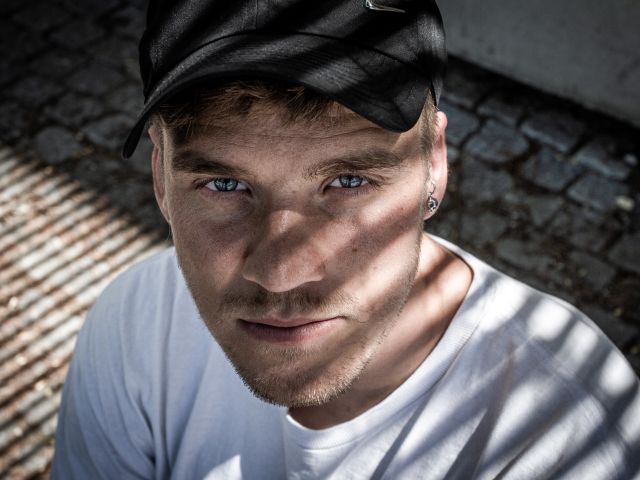
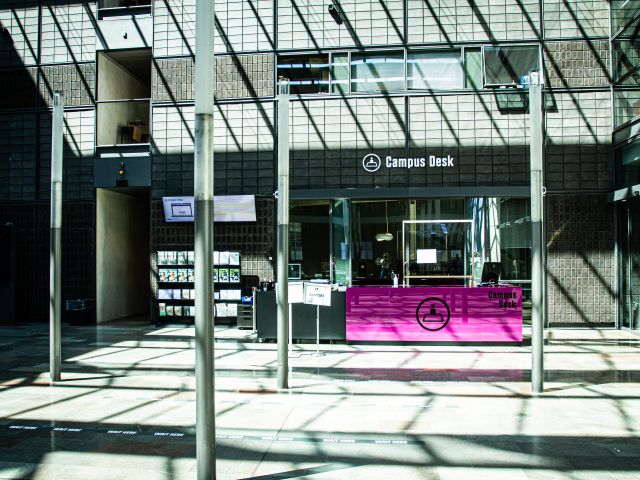
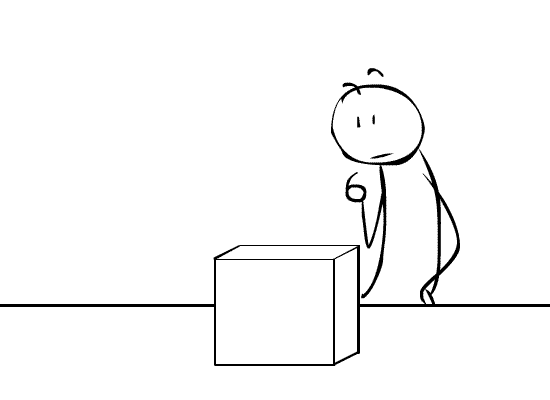





























































































































Comments